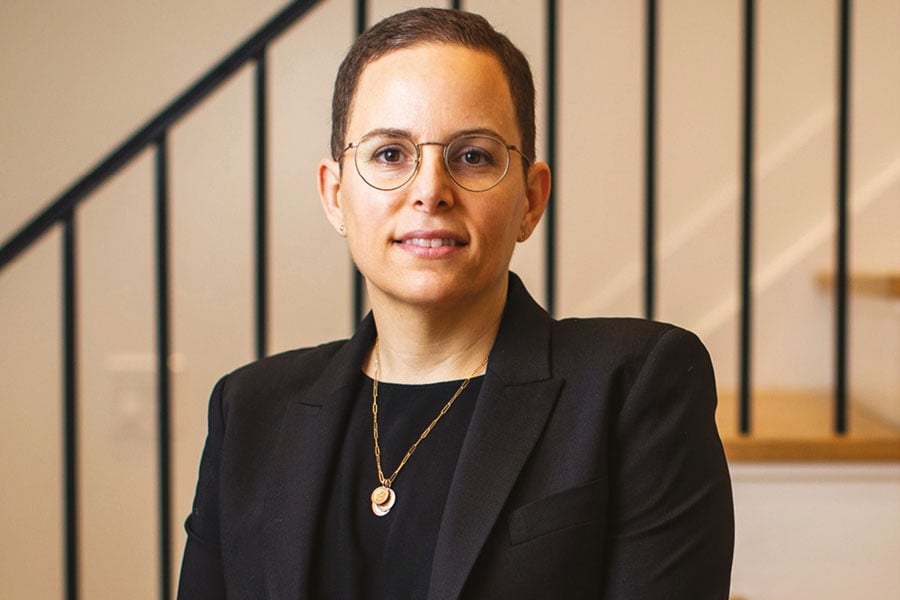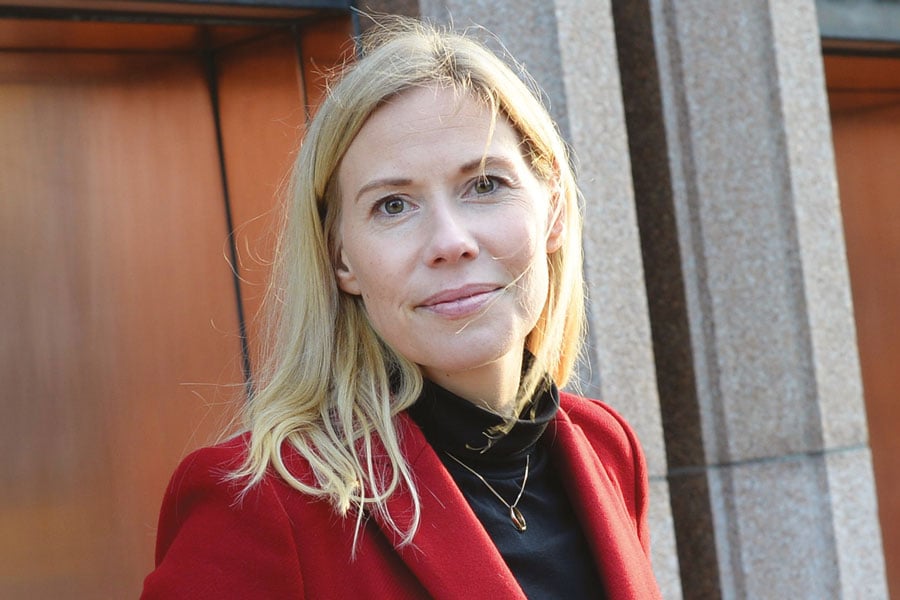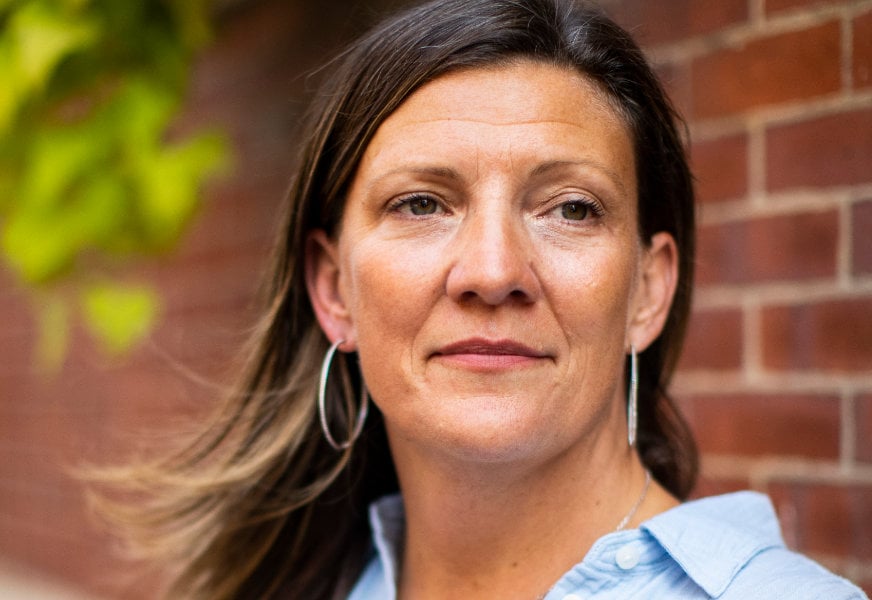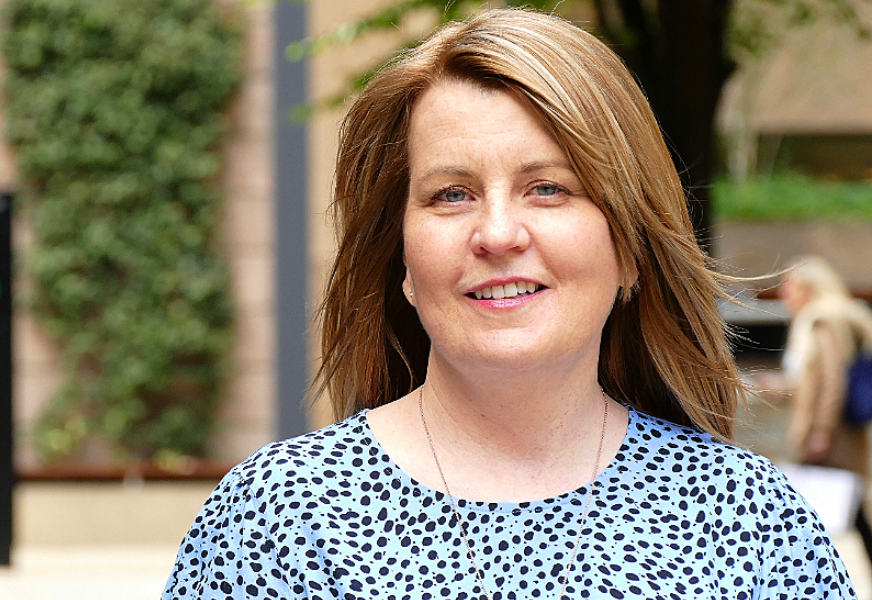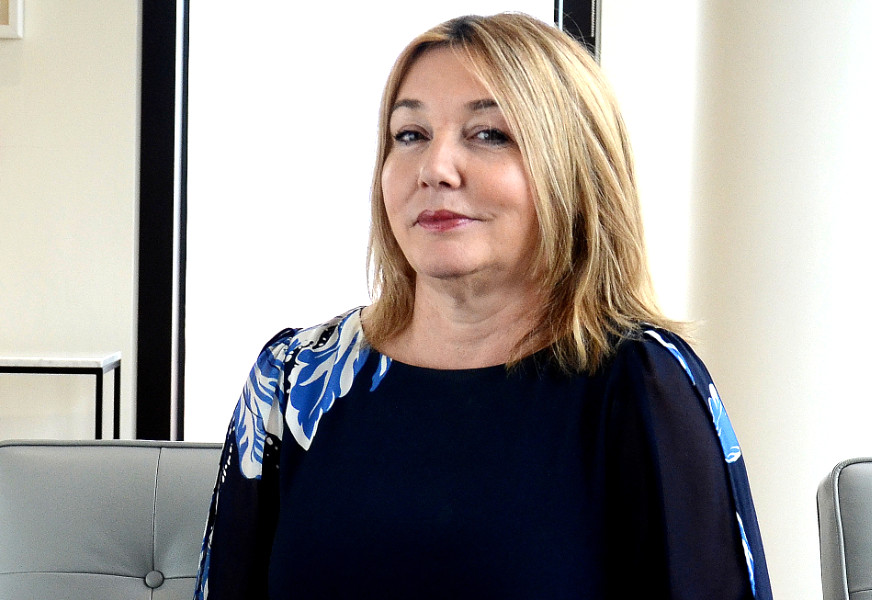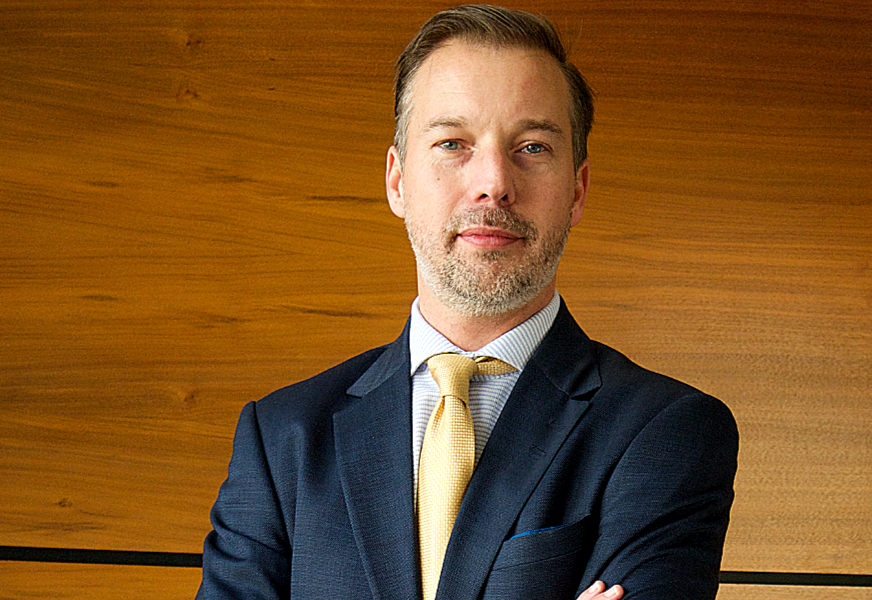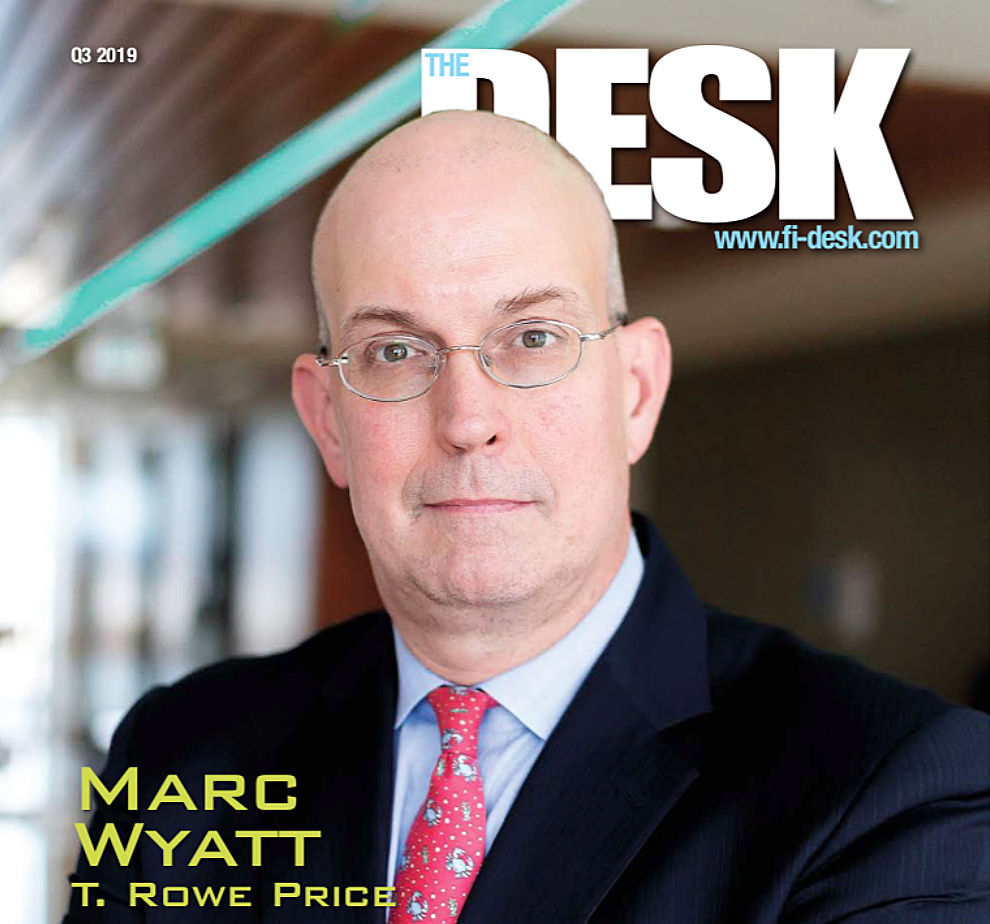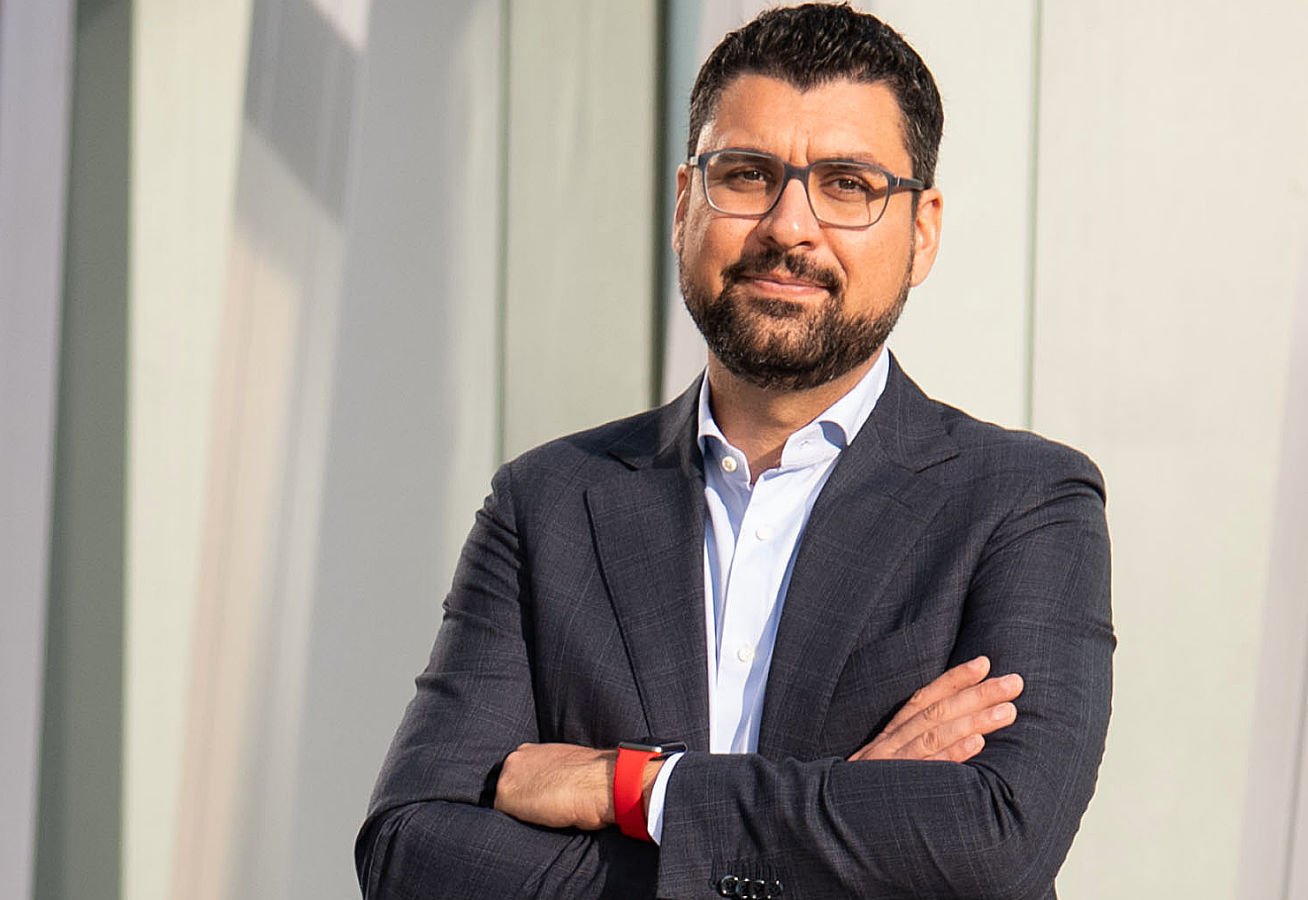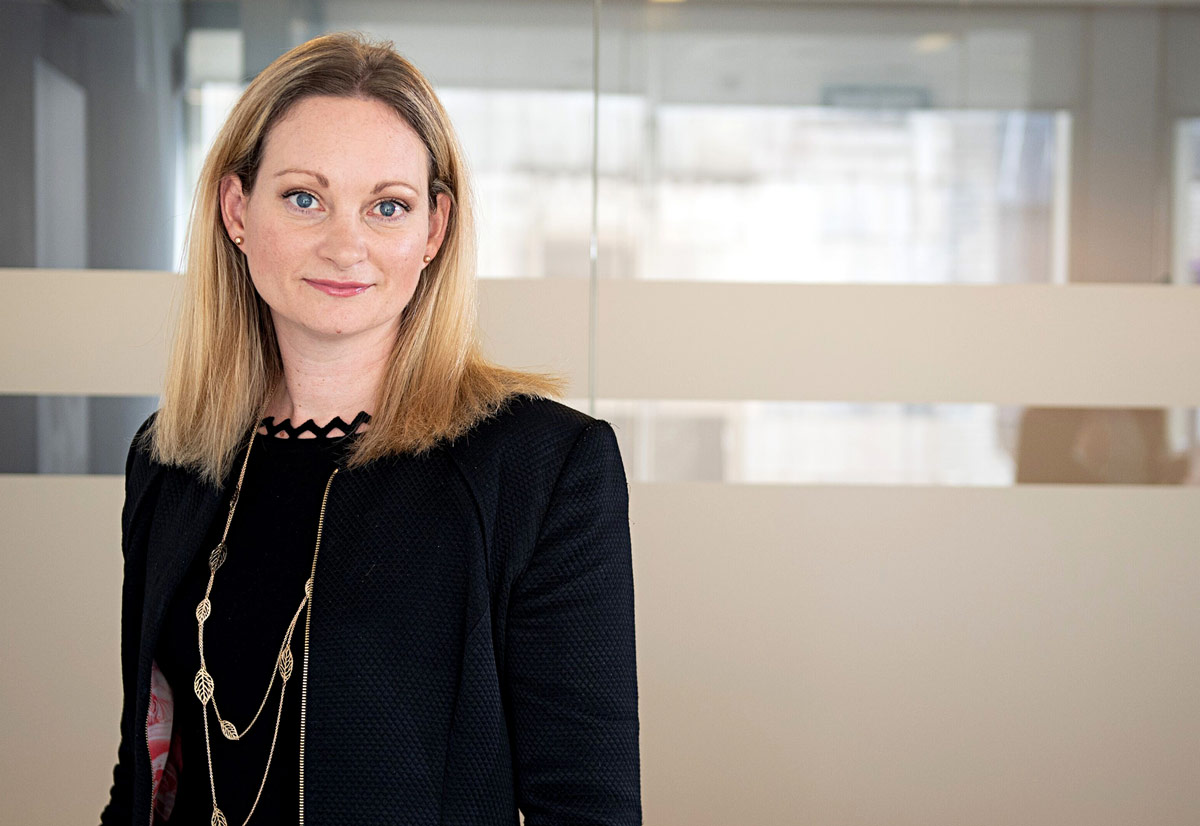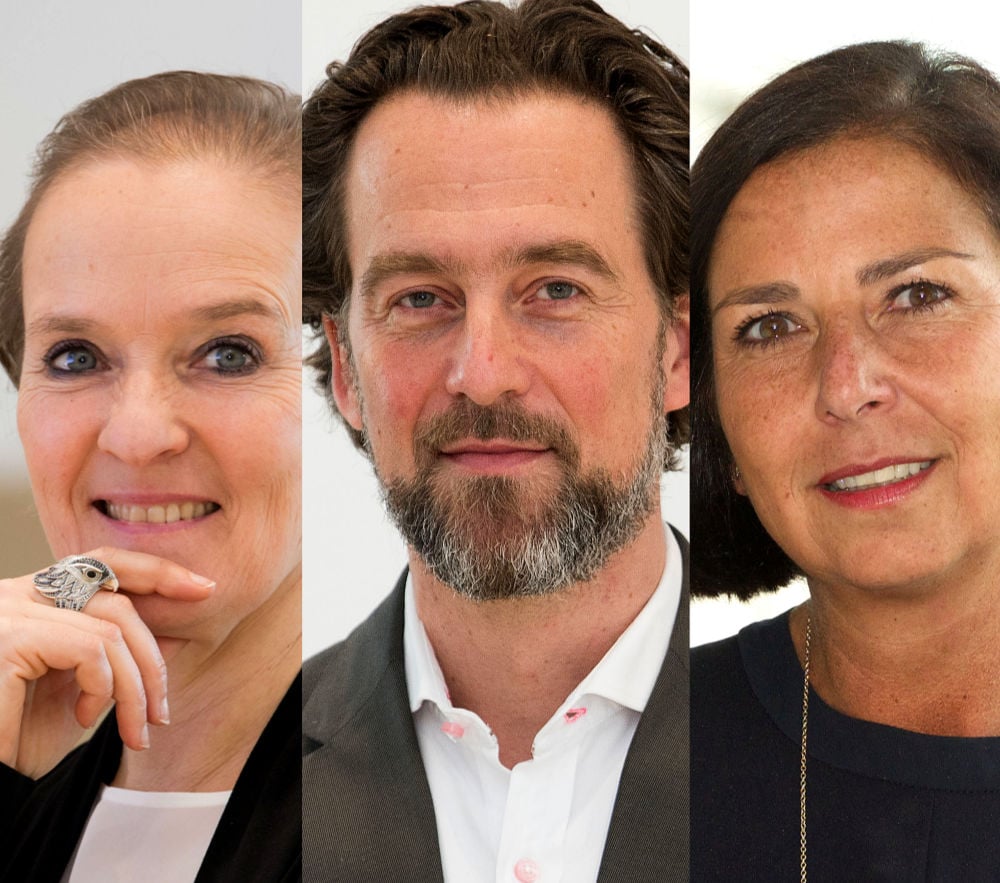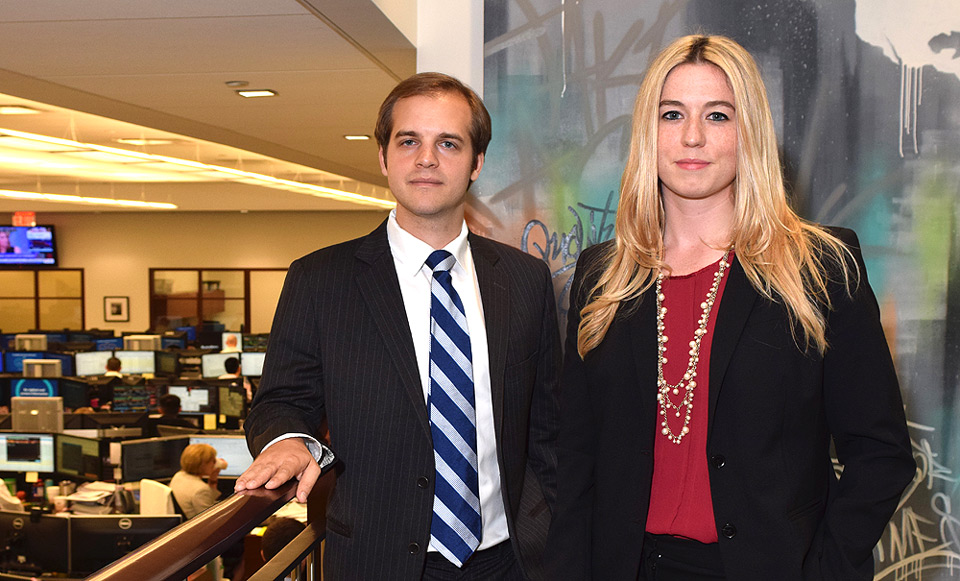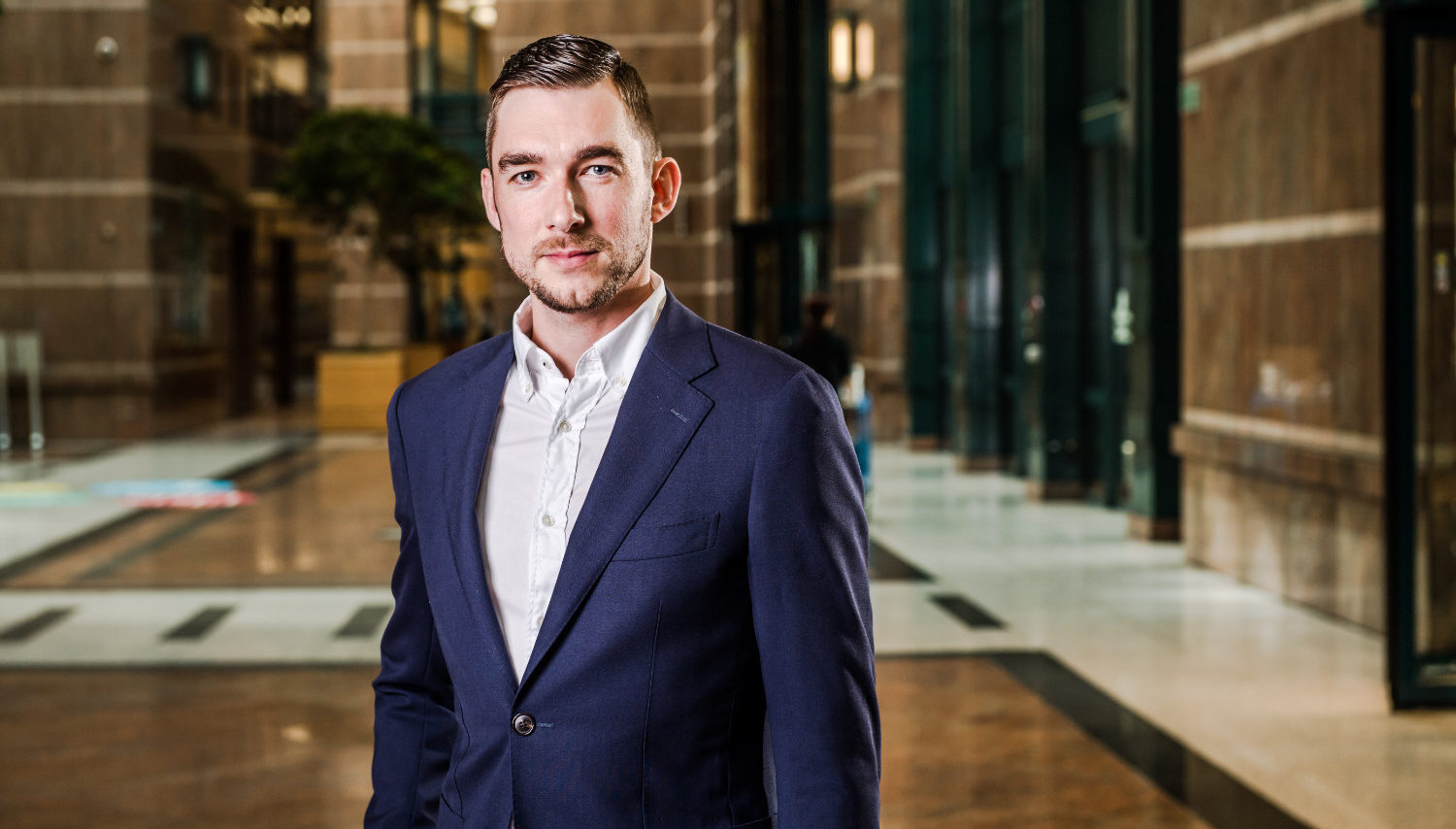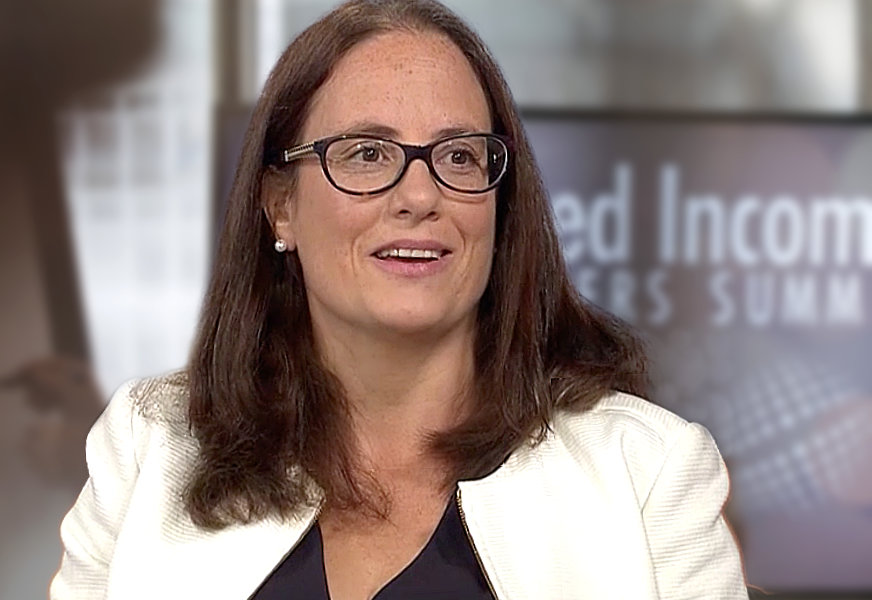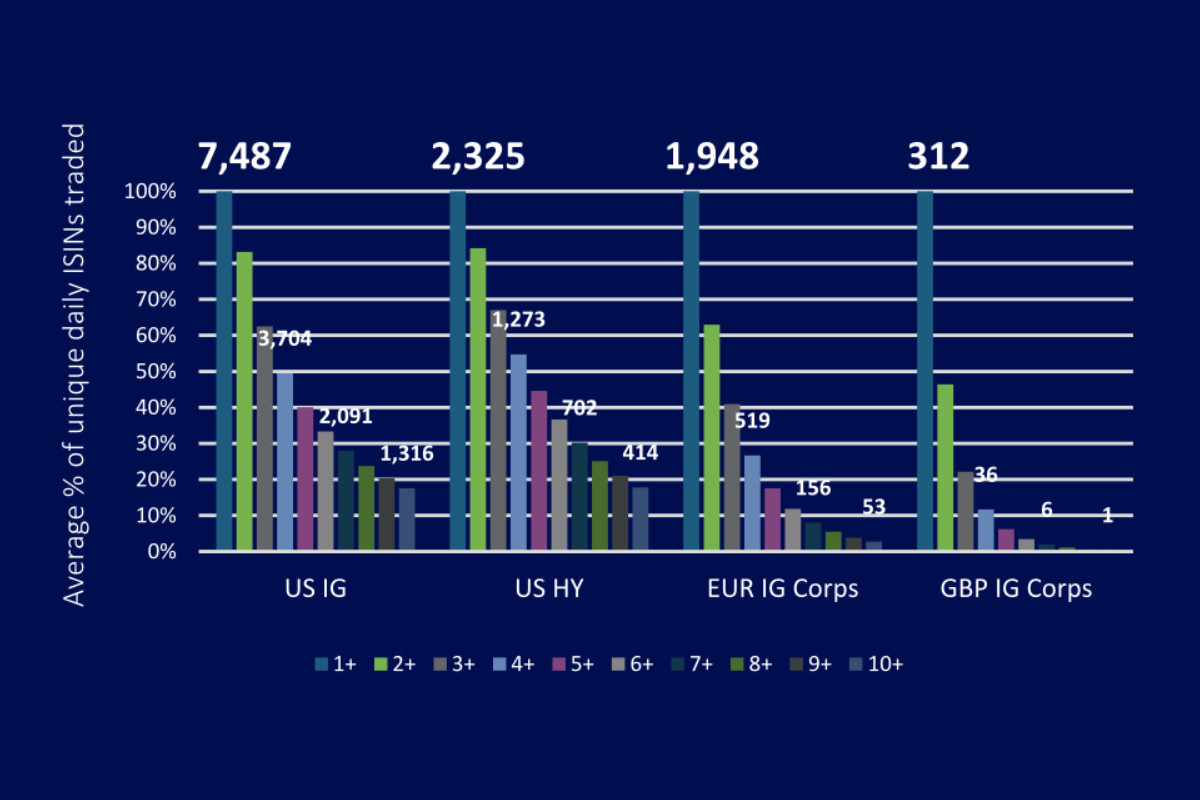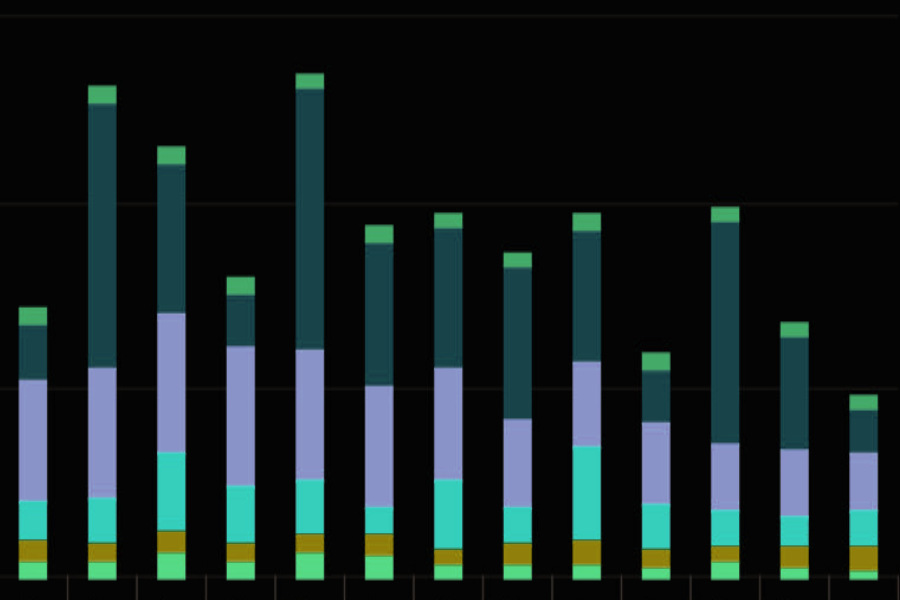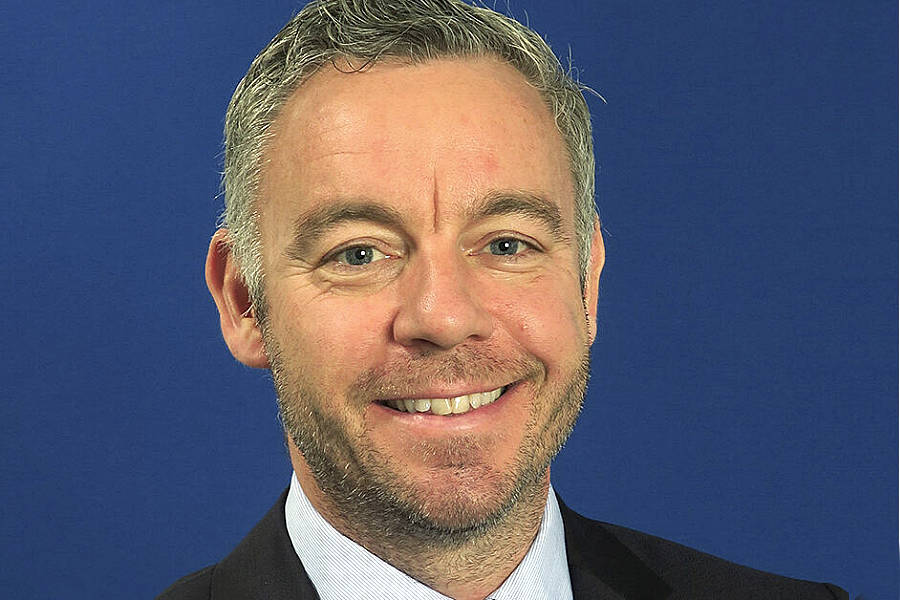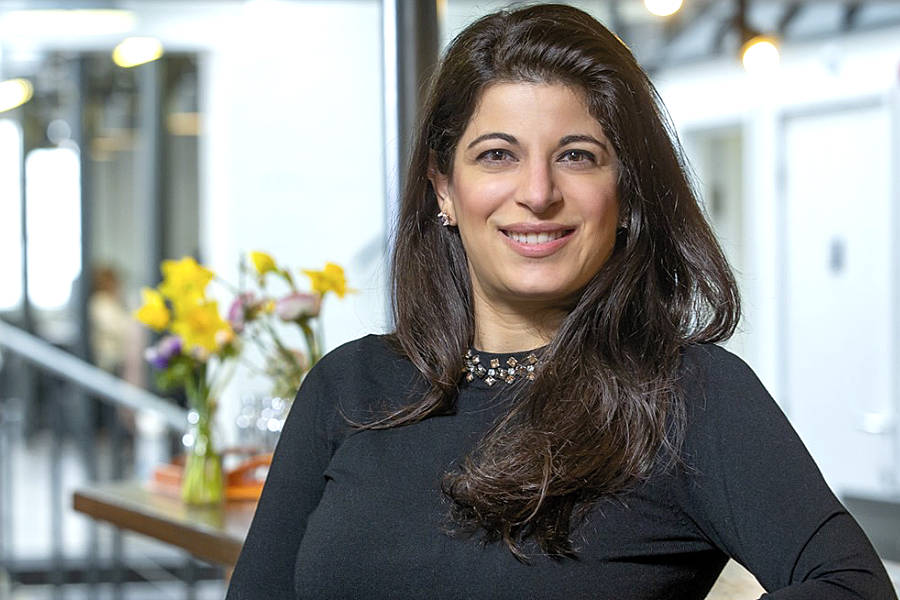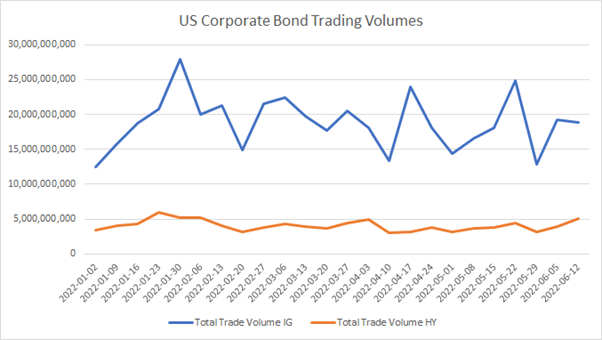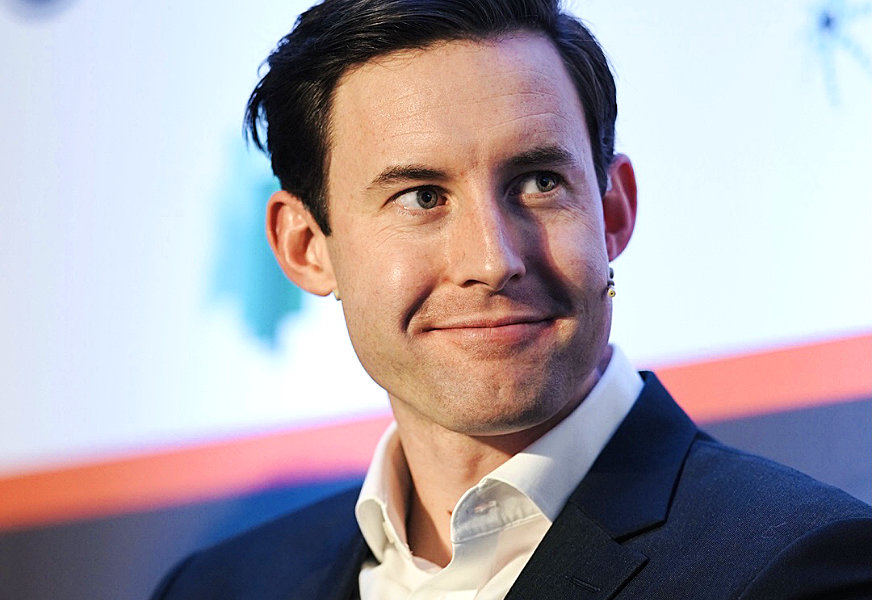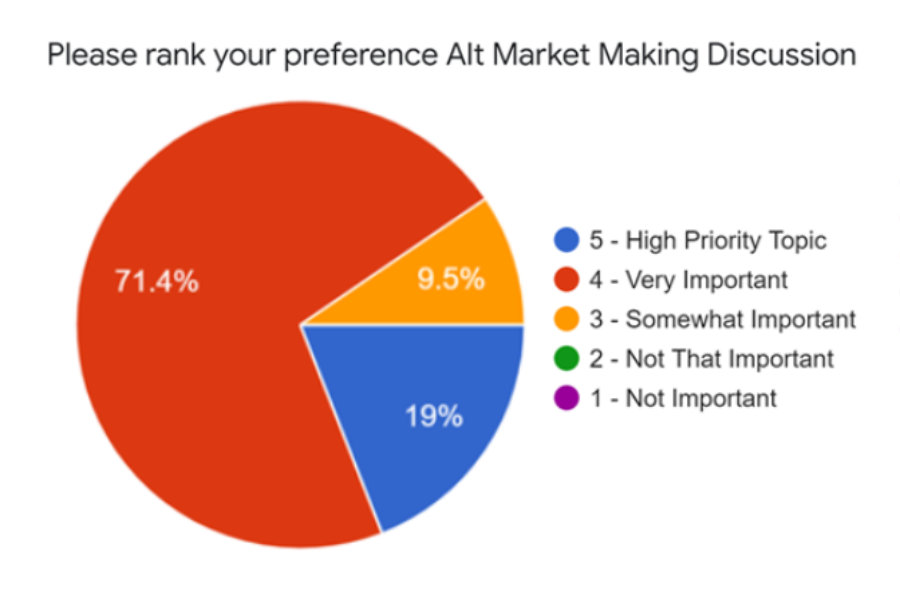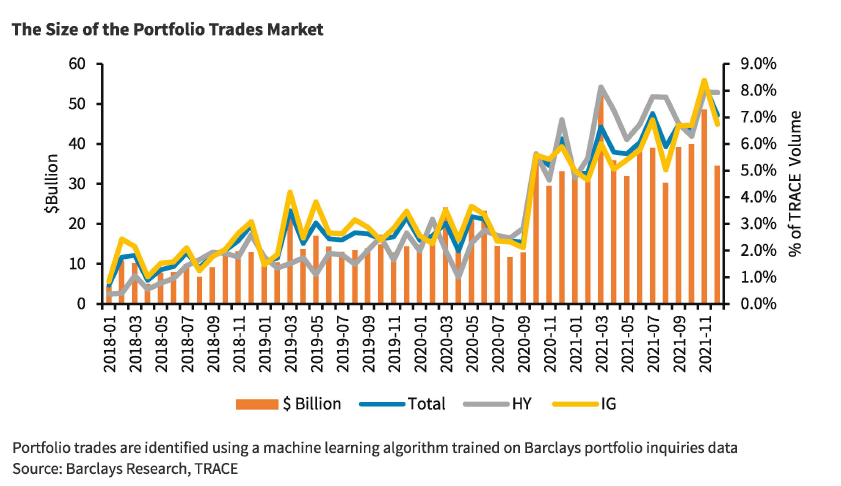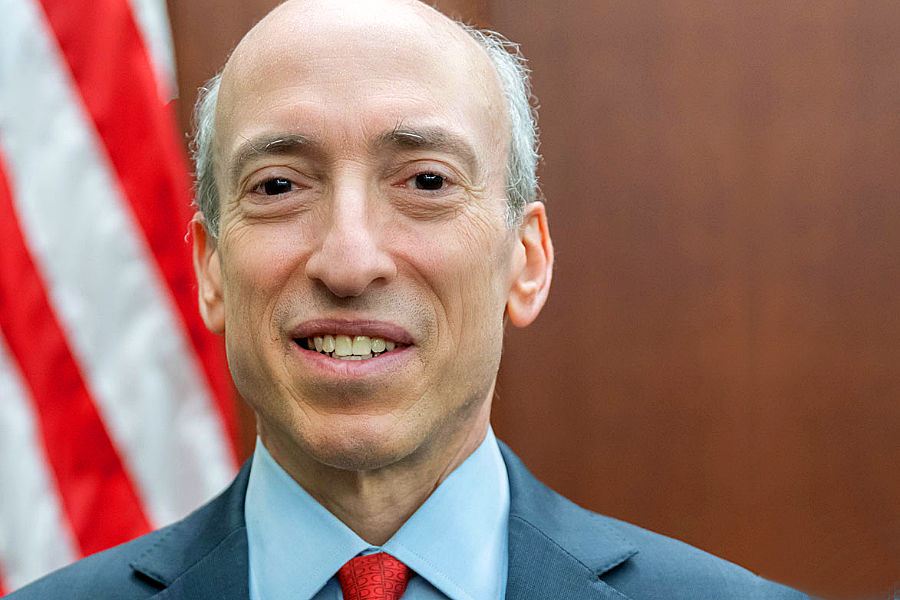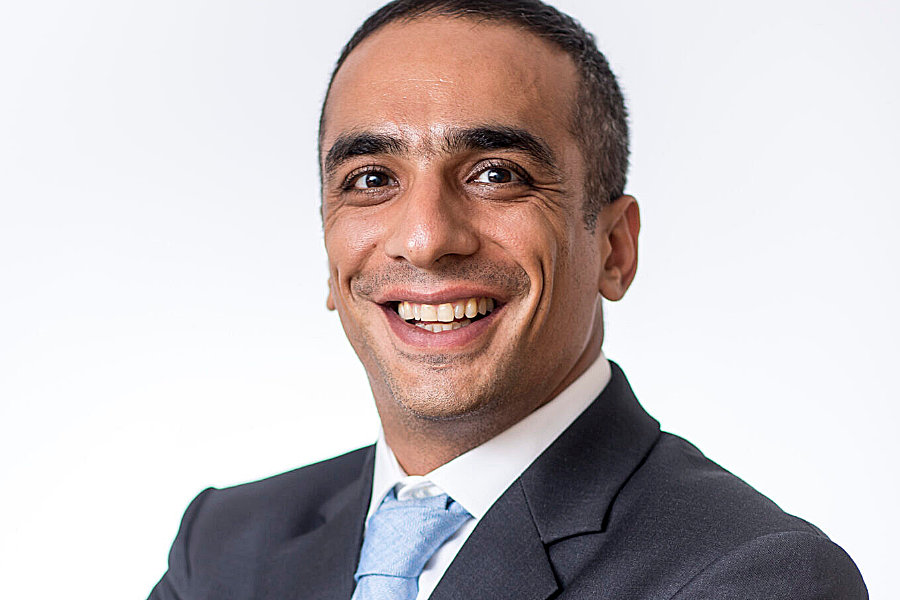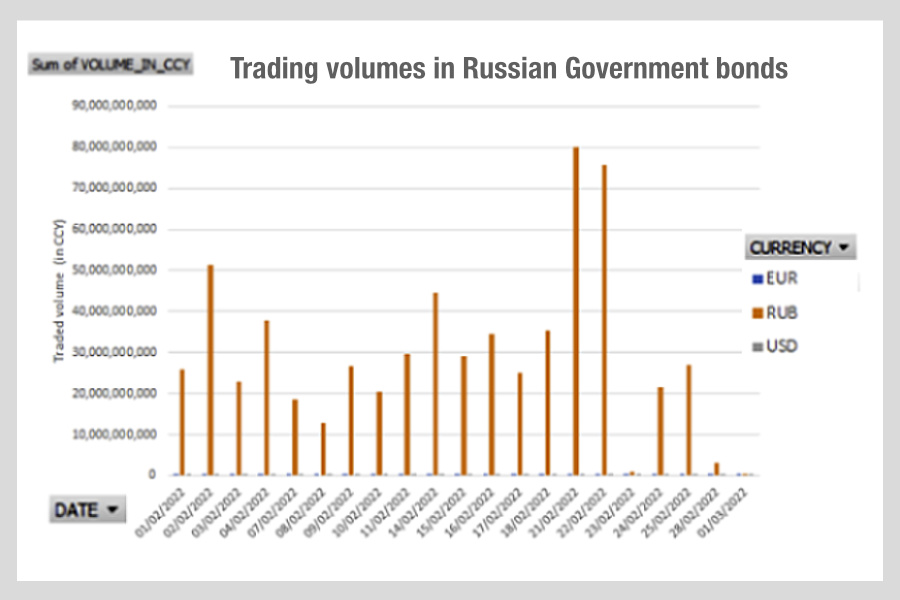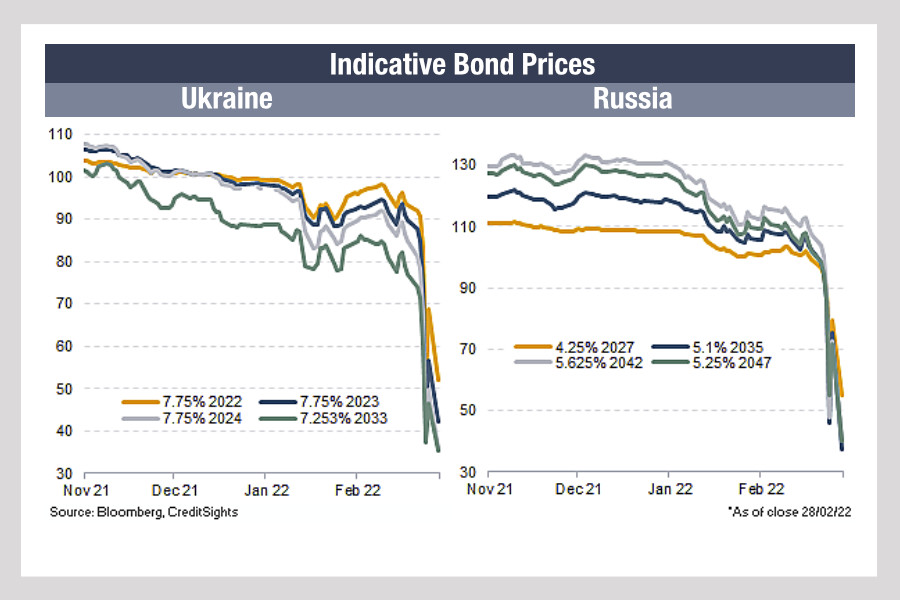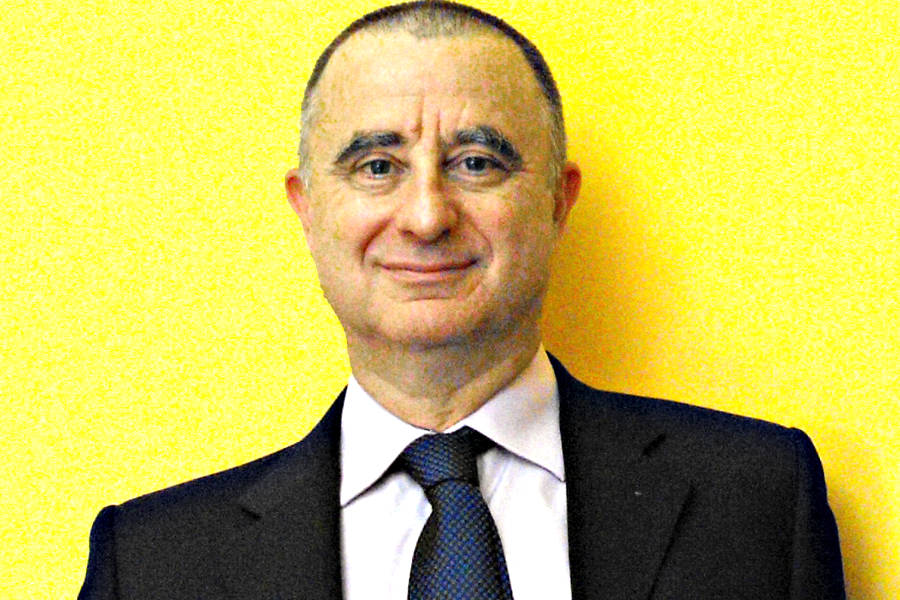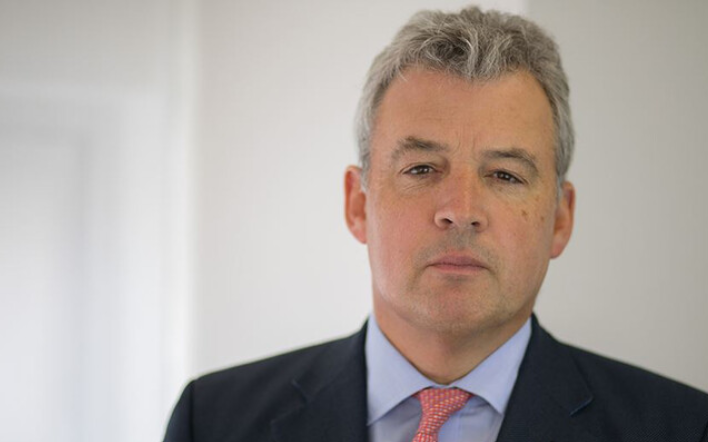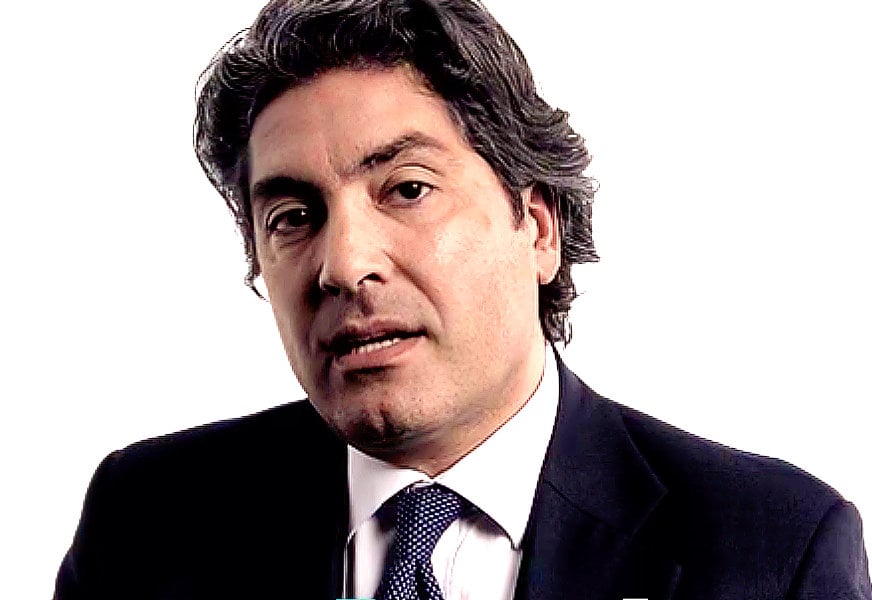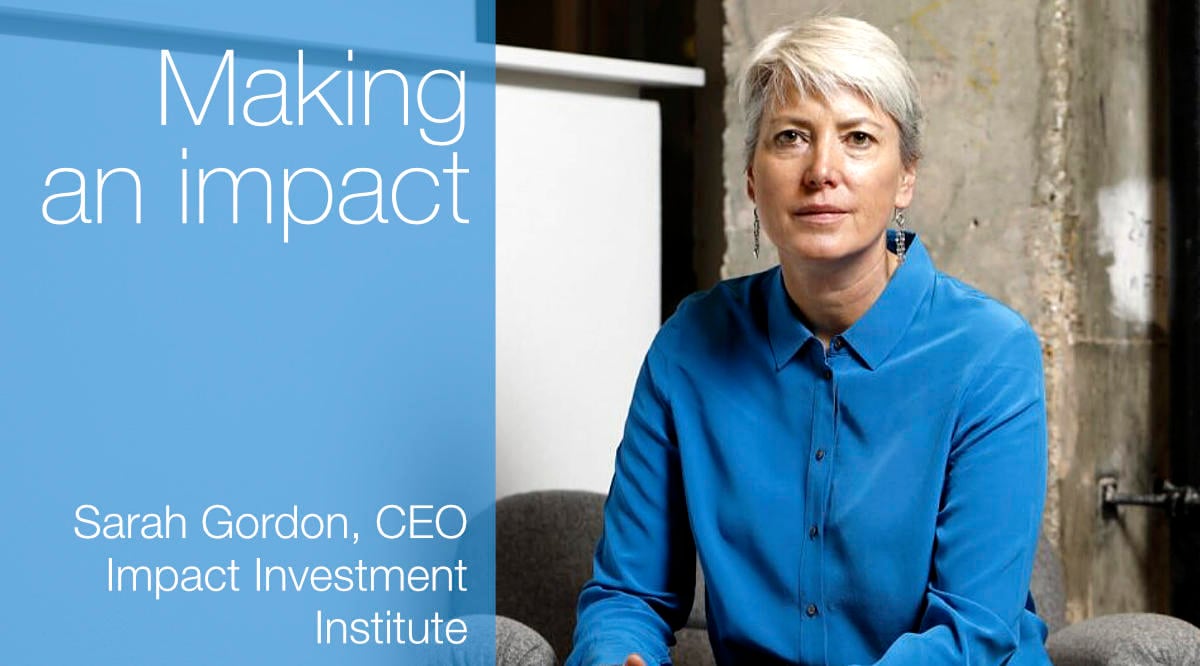
Senior writer Shanny Basar spoke to Sarah Gordon, CEO of Impact Investing Institute about how impact investing can contribute to the well-being of people and the planet.
Sarah Gordon used to report on environmental, social and governance issues at the Financial Times where she worked for 18 years, including as Business Editor. After writing about ESG, Gordon wanted a more hands-on approach and had interviewed Dame Elizabeth Corley (formerly CEO of Allianz Global Investors), who became chair of the Impact Investing Institute.
In July 2019 Dame Elizabeth and fellow institute chair, Sir Harvey McGrath, appointed Gordon to Chief Executive of the Impact Investing Institute to spearhead the launch of the independent non-profit organisation four months later.
Gordon said: “I have built a team and learnt how to run a start-up.”
Prior to the FT, Gordon had worked in emerging markets fund management for Citigroup’s asset management business and at Foreign & Colonial, where her role included reviewing political and economic events, and producing analysis of the global economy. She began her career working for the UN Conference for Trade and Development’s debt management programme in Geneva.
“The Institute has more women than men but needs more BAME representation,” she added. “The sustainability world is very white and that needs to be addressed.”
The organisation aims to accelerate the growth and improve the effectiveness of the impact investing market in the UK and internationally. Gordon described how impact investing is different from ESG.
“Impact investing is defined by the intentionality to generate positive social and environment impact and financial return so it is different from, for example, not investing in tobacco stocks,” she said. “Investors in impact seek accountability from investee companies to evidence that they can articulate and measure their impact."
The measurement of impact is critical and one of the reasons that the institute was launched was to drive standardisation on how to measure or report impact, which does not currently exist.
“It is very important to have global standards to be able to compare transparently whether an asset manager is delivering impact,” Gordon added.
She is optimistic that there is momentum internationally for global sustainability standards with the International Financial Reporting Standards Foundation (IFRS) setting up a sustainability standards board.
In March 2021 the Trustees of the IFRS Foundation announced the formation of a working group to accelerate convergence in global sustainability reporting standards and to undertake technical preparation for a potential international sustainability reporting standards board under its governance. The Trustees said they envisaged that the new board's sustainability reporting standards will provide a global baseline for greater comparability and consistency, while also providing flexibility for co-ordination on additional jurisdictional and multi-stakeholder reporting requirements in a ‘building blocks’ approach.
The first year of the Institute’s operation was dominated by the Covid-19 pandemic but Gordon highlighted one of its achievements as publishing the ‘Impact Investing Principles for Pensions’.
“These are four practical principles that help pension funds to integrate impact into their investment strategy and navigate their fiduciary duty,” she said. “For fiduciaries to purely focus on financial returns is not fit for the 21st century.”
The first UK pension scheme to adopt the principles was Clwyd Pension Fund, with Kempen Capital Management as the first fiduciary duty manager to come on board. Gordon added that pensions can have a powerful impact and the Institute would like pension schemes' default funds to include an allocation to impact investment.
Green gilts
She continued that the Institute is also very proud of the UK government’s announcement that it intends to issue its first green sovereign bond in 2021 to help the country meet its 2050 net-zero target and create green jobs.
The Impact Investing Institute, the Green Finance Institute and the LSE Grantham Research Institute on Climate Change and the Environment had submitted a proposal to the government articulating the social benefits of a green gilt.
Gordon said: “This helped develop our modus operandi on how best to work with market participants as we received support from organisations with more than £10 trillion in assets under management and organisations such as the CBI.”
The Institute has established a working group to develop robust and measurable social metrics that could be used in the design process for the new UK sovereign green bond.
The UK government has also announced the launch of a green savings product for individuals, the extension of Social Investment Tax Relief (SITR), and the focus of the new National Infrastructure Bank on creating jobs and delivering green growth.
The Institute again worked with the Green Finance Institute and the LSE’s Grantham Research Institute to advise the UK government that a savings product would be a quicker and simpler way of harnessing retail demand than, for example, retail distribution of a green gilt, but added it would require a credible and robust framework to maintain investor support.
In addition to governments taking action, Gordon said there are more impact products being developed across asset classes and geographies from different actors.
“There is an acceleration in the momentum towards a just transition, the idea that the transition to a net-zero world should be inclusive and socially beneficial,” she added.
She highlighted some of the financial innovations in impact investing in 2020. For example, Big Society Capital and Schroders launched a new UK investment trust to allow most private investors to access private social impact investments.
The Sub-national Climate Finance Initiative was launched by a consortium to mitigate climate change and strengthen community resilience projects, with an initial commitment of up to $150m from the Green Climate Fund (GCF). The consortium includes Pegasus Capital Advisors, the International Union for Conservation of Nature, BNP Paribas, Gold Standard, and R20 – Regions of Climate Action. Alain Papiasse, Chairman of Corporate & Institutional Banking at BNP Paribas, said in a statement that achievement of the United Nation's Sustainable Development Goals and the Paris Agreement requires the scaling up and mobilisation of capital, shared knowledge and innovation from across a full spectrum of investment and impact experts.
Looking ahead
Gordon said: “In 2021 our aims are supporting the UK government in preparing for COP26 and producing blueprints for just transition financing vehicles in order to mobilise private capital for public good.” The UK is hosting the 26th UN Climate Change Conference of the Parties in Glasgow in November this year.
Other aims for this year include continuing the Institute's events programme, work programme and research, and adding modules to its open-source Learning Hub on its website
The Institute will release research on the risk/return characteristics of investments into UK social and affordable housing, demonstrating that impact investing does not require sacrificing financial return.
In addition a white paper will be published in partnership with the Good Economy and Pensions for Purpose, which will include evidence on the current level of place-based impact investment by local government pensions schemes and research on the financial performance. Case studies will also highlight investment opportunities across geographies and asset classes in Sub-Saharan Africa and Southern Asia that are suitable for UK pension schemes.
Gordon concluded that the pandemic has had a devastating impact on many communities but there has also been massive momentum towards recognition of the need for global solutions and the inequalities in society as shown by the record inflows into ESG funds.
She said in a blog at the start of this year: “Our goal for 2021 remains for more capital to contribute to the well-being of people and the planet – as set out in the United Nation’s Sustainable Development Goals.”
©Markets Media Europe 2021

